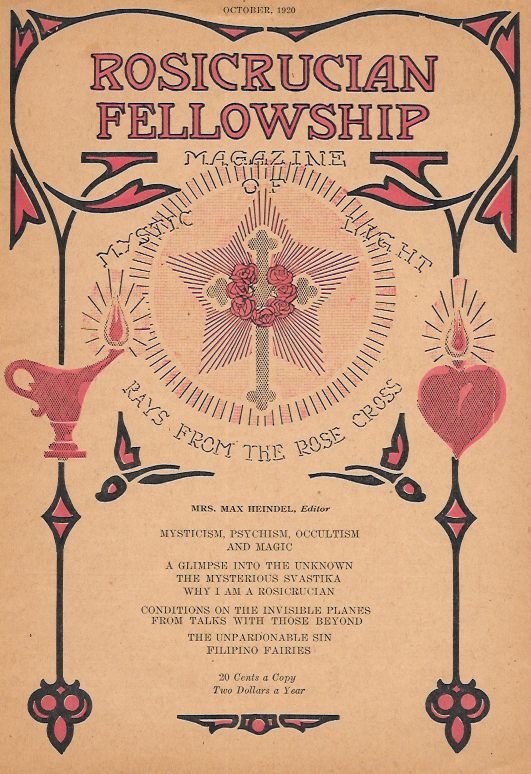


The Perfection at which the awakened soul gazes is a magnet, drawing him toward itself. It means effort, faithfulness, courage, and sometimes grim encounters if he is to respond to that attraction and move towards it along the narrow track which leads up and out from the dark valleys of the mind.
I think as I write this of Durer's wonderful drawing of the Knight, Death, and the Devil: the Knight of the Spirit on his strong and well kept horse- human nature, treated as it ought to be, and used as it ought to be-riding up a dark rocky defile. Beside him travels Death, a horrible, doddering figure of decay, saying, "All things perish — time is passing — we are all getting older-is this effort really worth while?" On his flank is a yet more hideous fellow-pilgrim: the ugly, perverse, violent element of our mixed human nature, all our animal part, our evil impulses, nagging at him too.
In one way or another, we all hear those two voices from time to time; with their discouragements and sneers, their unworthy invitations, their cynical comments and vile suggestions. "Don't forget me, I am your future," says Death. "Don't forget me," says animal man, "I am your undying past." But the Knight of the Spirit does not look at them. He has had his hand-to-hand struggle farther back; and on his lance is impaled the horrid creature, his own special devil, which he has slain.
Now he is absorbed in the contemplation of something beyond the picture, something far more real than the nightmarish landscape through which he must travel; and because of that, he rides steadily forth from that lower world and its fantasies to the Eternal World and its realities. He looks at that which he loves, not at that which he hates, and so he goes safely out of the defile into the open; where he will join the great army of God.
There we see the spiritual life as humanity is called to live
it; based on the deep conviction that the Good, the Holy, is the
Real, and the only thing that matters, fed and supported by the
steadfast contemplation of the Holy and the Real — which is also
the Beautiful and the Sane — and expressed in deliberate willed
movements towards it, a sturdy faithful refusal to look at that
which distracts us from it. Always looking the same way, and always
moving the same way: in spite of obstacles, discouragements, mockery
and fatigue. "Thou hast made us for thyself, and our hearts
find no rest save in thee." But we must be willing to undertake
the journey, whatever it may cost.
— Rays from the Rose Cross Magazine, November/December, 1995